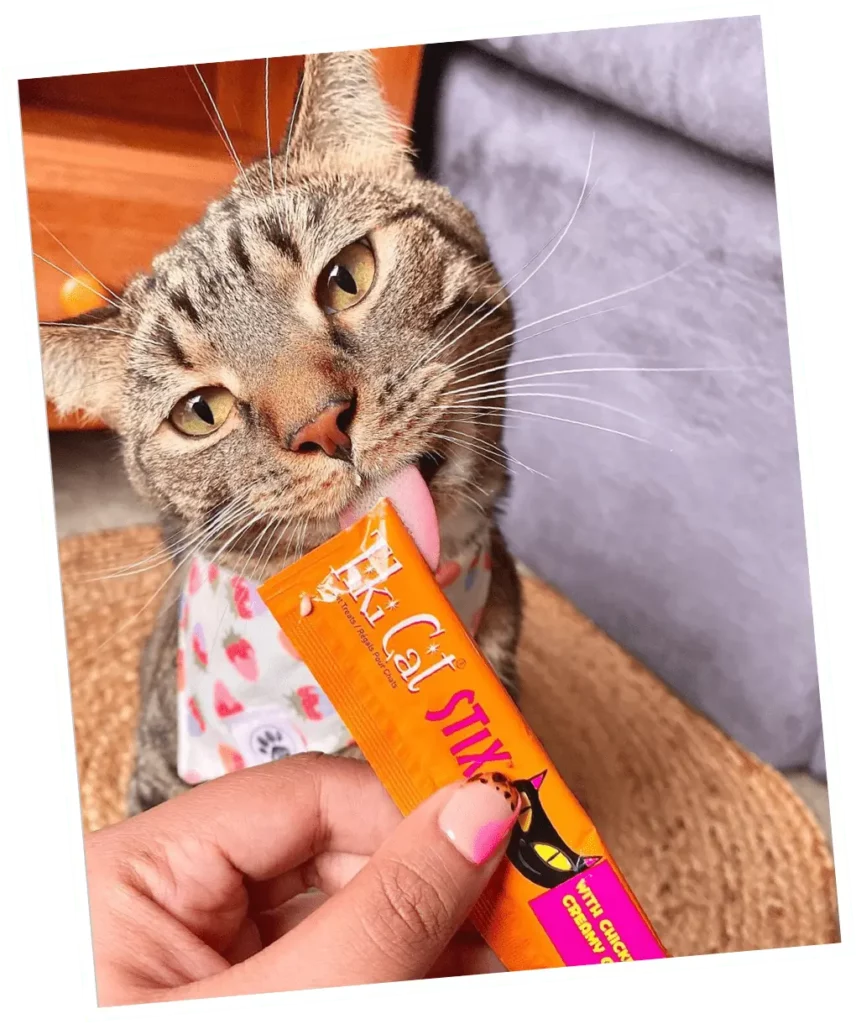Heart health is essential to your pet’s quality of life and life expectancy. While genetics do play a role in your pet’s heart health, so do the decisions you make for your pet. Below are ways that you can help keep your cat or dog’s heart strong and healthy, so they can have a good, long life.
1) Nutrition
What you feed your dog or cat directly affects how well their bodies function. Here are some ingredients to look for that help support healthy heart function:
Chicken or other Lean Protein
Like humans, obesity can cause heart disease in dogs and cats. High-quality lean protein, like chicken, turkey and fish, can provide them with the protein they need for energy and muscle mass without the extra calories. As obligate carnivores, cats particularly need high quantities of high-quality animal protein.
Fish and Fish Oil
Salmon and other fatty fish are rich in omega-3 fatty acids, like EPA and DHA, which help reduce inflammation and improve heart function.
Flaxseed
Whole ground flaxseed is another excellent source of omega-3 fatty acids.
Pumpkin, Sweet Potatoes and Carrots
These orange superfoods are loaded with nutrients that support a healthy heart: fiber, potassium and vitamin C, which have been linked to lowering high blood pressure, and beta-carotene, which their bodies convert to powerful antioxidant vitamin A.
Mung Beans
A beneficial addition to a dog’s diet, these legumes are excellent plant-based sources of protein, rich in powerful B vitamins, plus potassium, magnesium and fiber for controlling blood pressure.
L-carnitine
Often found in weight management formulas, L-carnitine helps metabolize fat and promote healthy heart function.
Taurine
A diet lacking in taurine, an essential amino acid, can lead to heart disease. Dogs have a lower risk of this happening because their bodies naturally synthesize taurine. Cats’ bodies, however, are unable to produce taurine, so it must be present in their diets.
Also, watch your pet’s sodium intake. Some sodium is essential to cat and dog’s diets because it aids in cellular function, but too much sodium can lead to high blood pressure. Most commercial pet foods contain appropriate sodium levels. The problem is more likely to arise when pet parents regularly treat their pets to high-sodium human foods, like ham, hot dogs or fast food.
2) Hydration
Not drinking enough water can do serious damage to pets’ bodies. Lack of hydration can increase heart rate and reduce circulation, and it can be fatal in severe cases. Cats are particularly susceptible to dehydration. They don’t have a strong, natural urge to drink, so they’re less likely to seek out water, even if their bodies need it. You can make sure your cat or dog stays hydrated and heart-healthy in two ways:
- Ensure that they always have fresh, clean water. Replenish the water and clean the bowl often, and place the bowl in a quiet, easily accessible space.
- Supplement with wet food. This is an excellent – and delicious! – way to add supplemental water to your pet’s diet. There are many ways to incorporate wet: pour a Broth or Flavor Booster on top, add a scoop of any wet formula, treat your pet to Stix™ wet treats, or switch to wet full-time.
3) Exercise
Helping your pets get out their “zoomies” is good for their hearts! Regular exercise helps pets maintain a healthy weight, supports strong hearts, circulation and joint health, and it helps prevent destructive behavior by giving them an outlet for their energy. Depending on your pet’s age, health and agility, give them multiple play sessions each day to get them moving – with toys like laser pointers or teaser wands for your cat, and fetch or tug with your dog. Also, aim to take your dog on at least one walk, run, hike or swim each day.
At Tiki Pets, we heart your pet’s heart! We offer a wide variety of foods that include heart-healthy ingredients and high-moisture broths. If you have any concerns about your pet’s heart, or if your pet has been diagnosed with heart disease, talk to your veterinarian before changing their diet or lifestyle.


